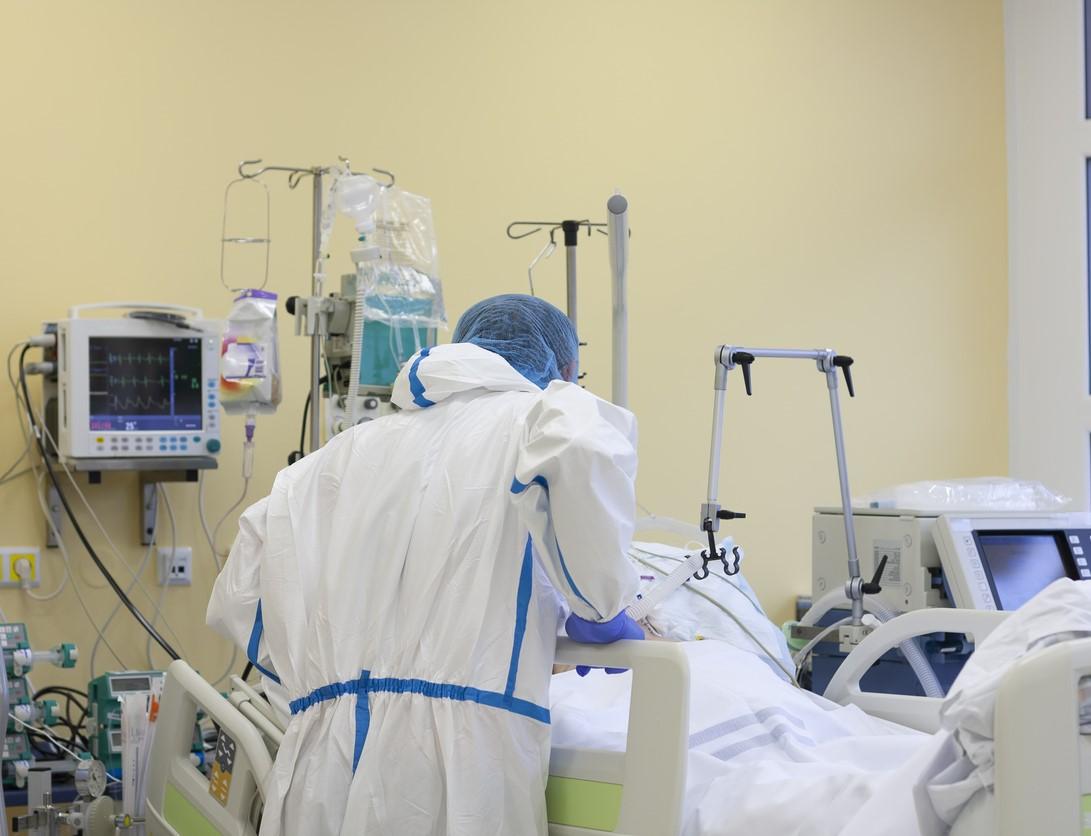The World Health Organization (WHO) emergency committee will meet tomorrow to assess whether the situation still warrants a public health emergency of international concern (PHEIC) against a backdrop of declining cases—but rising deaths.
The WHO's emergency committees meet every 3 months or more frequently as needed. The group has met 13 times since it recommended a PHEIC for COVID in January 2020, most recently in October.
Concerns about rising deaths
In its weekly situation report yesterday, the WHO said cases have declined 25% over the previous 4 weeks. However, deaths rose 13% over the same period.
The WHO said deaths have been rising since early December, even without adding the more than 72,000 hospital deaths reported from China's recent surge. The WHO is still waiting for a province-level breakdown of deaths from China before adding its fatalities to the global total.
At a WHO media briefing this week, Director-General Tedros Adhanom Ghebreyesus, PhD, aired concerns about the death trend. He said over the past 8 weeks, more than 170,000 people have died from COVID-19, adding that the actual number is much higher due to unreported deaths.
"While I will not pre-empt the advice of the emergency committee, I remain very concerned by the situation in many countries and the rising number of deaths," Tedros said. "While we are clearly in better shape than 3 years ago when this pandemic first hit, the global collective response is once again under strain."
I remain very concerned by the situation in many countries and the rising number of deaths.
He also said too few people, especially older people and health workers, are adequately vaccinated, and antiviral drugs and good medical care are out of reach for many people as fragile health systems struggle with multiple respiratory virus challenges.
"My message is clear—do not underestimate this virus; it has and will continue to surprise us and it will continue to kill, unless we do more to get health tools to people that need them and to comprehensively tackle misinformation," Tedros said.
Regarding case trends, new weekly infections declined across all WHO regions except for the Eastern Mediterranean, where cases were up 54% compared to the previous week. Weekly deaths declined or held steady in all regions except for the Eastern Mediterranean, which saw a 24% increase.
Of five countries reporting the most deaths—the United States, Japan, Brazil, China, and Spain—only Brazil and Spain reported increases. Brazil's weekly deaths were up 108%, and Spain's were up 21%. In the WHO's Eastern Mediterranean region, much of the increase in weekly deaths came from a sharp rise in Afghanistan, followed by a more modest rise in Lebanon.
Do not underestimate this virus; it has and will continue to surprise us.
Global variant picture
In its weekly update, the WHO said Omicron BA.5 and its subvariants are still dominant, accounting for 68.1% of sequenced samples. It said the prevalence of BA.2 and its descendant lineages is rising, and the proportion of recombinants is holding steady.
So far, XBB.1.5, a recombinant of two BA.2 viruses, has been found in 54 countries, making up 75% of sequences in the United States, followed by the United Kingdom (nearly 10%), Canada (3%), and Denmark (2%).
China's surge slowing
The China Centers for Disease Control and Prevention (China CDC) this week released an update on its COVID-19 surge, which said daily cases peaked at more than 7 million on Dec 22, and daily deaths peaked at more than 4,000 on Jan 4, according to an earlier report from Reuters. The WHO's weekly COVID report includes a section on the latest data from the China CDC.
In other global developments:
- The United Kingdom's vaccine advisory committee yesterday issued an interim recommendation on COVID-19 boosters, which said people at higher risk for severe COVID-19 should receive a booster dose in the fall and that a smaller group at extra high-risk—older people and those with suppressed immune systems—should get an extra booster dose in the spring.
- North Korea has locked down Pyongyang for 5 days due to an unspecified respiratory illness, according to media reports.



















